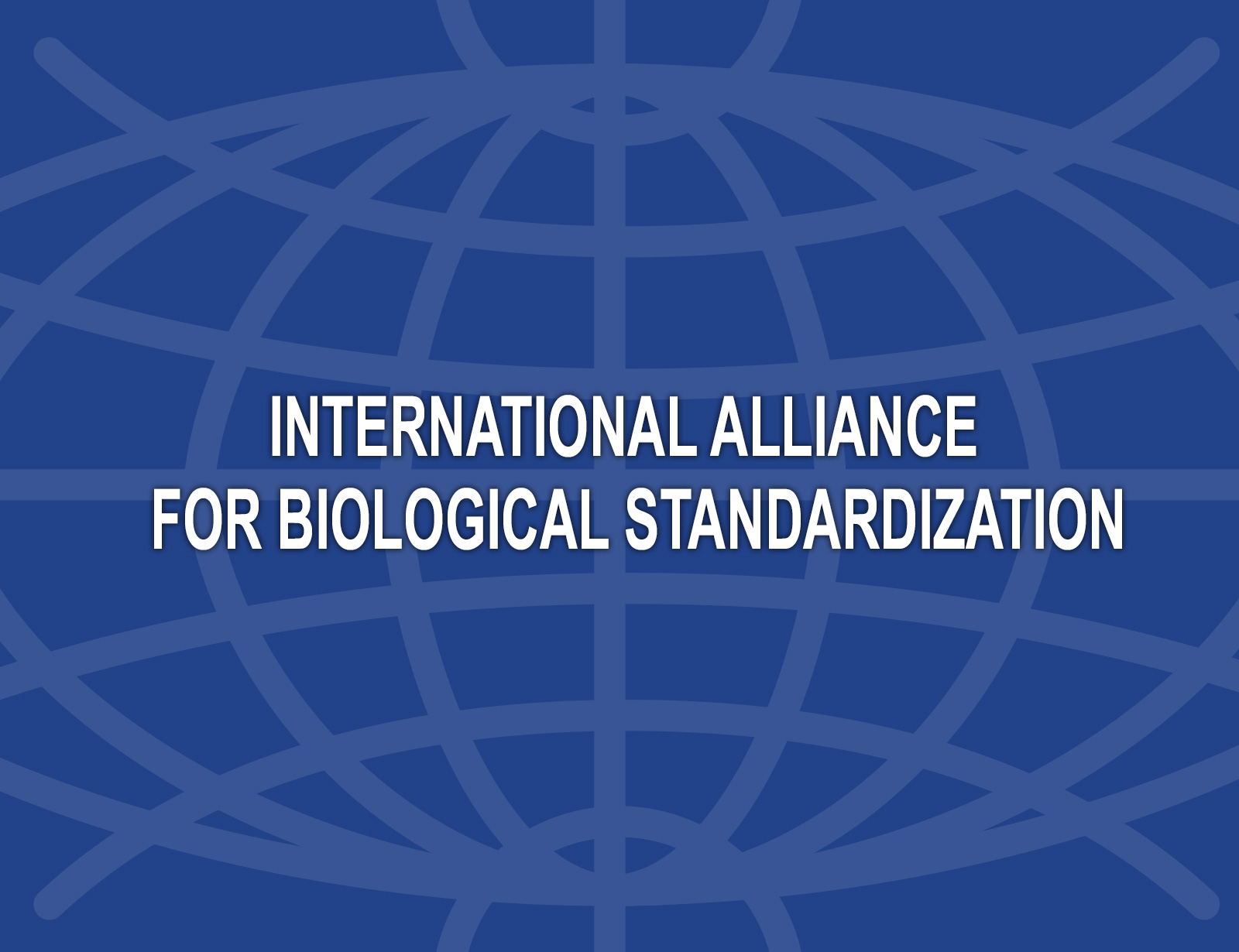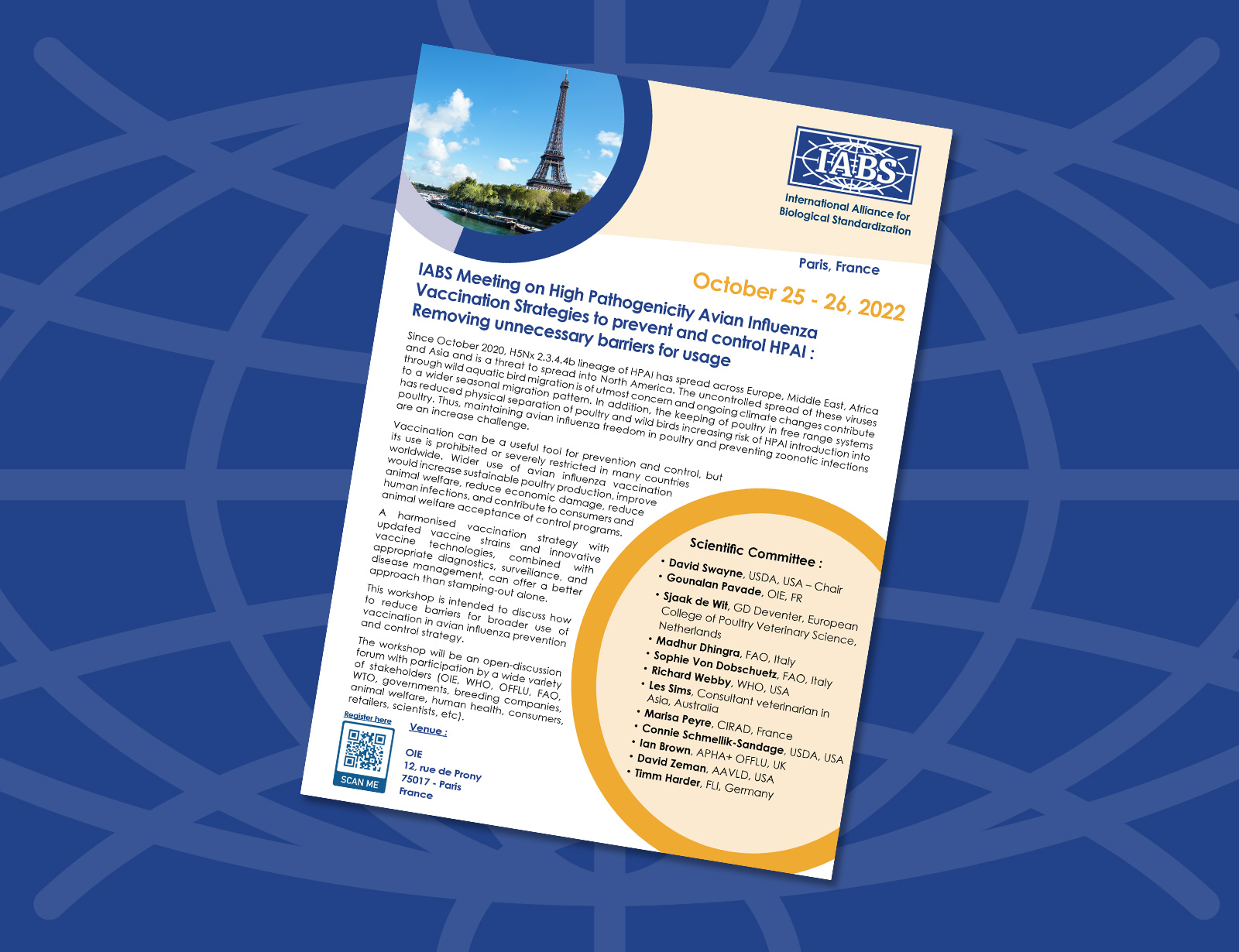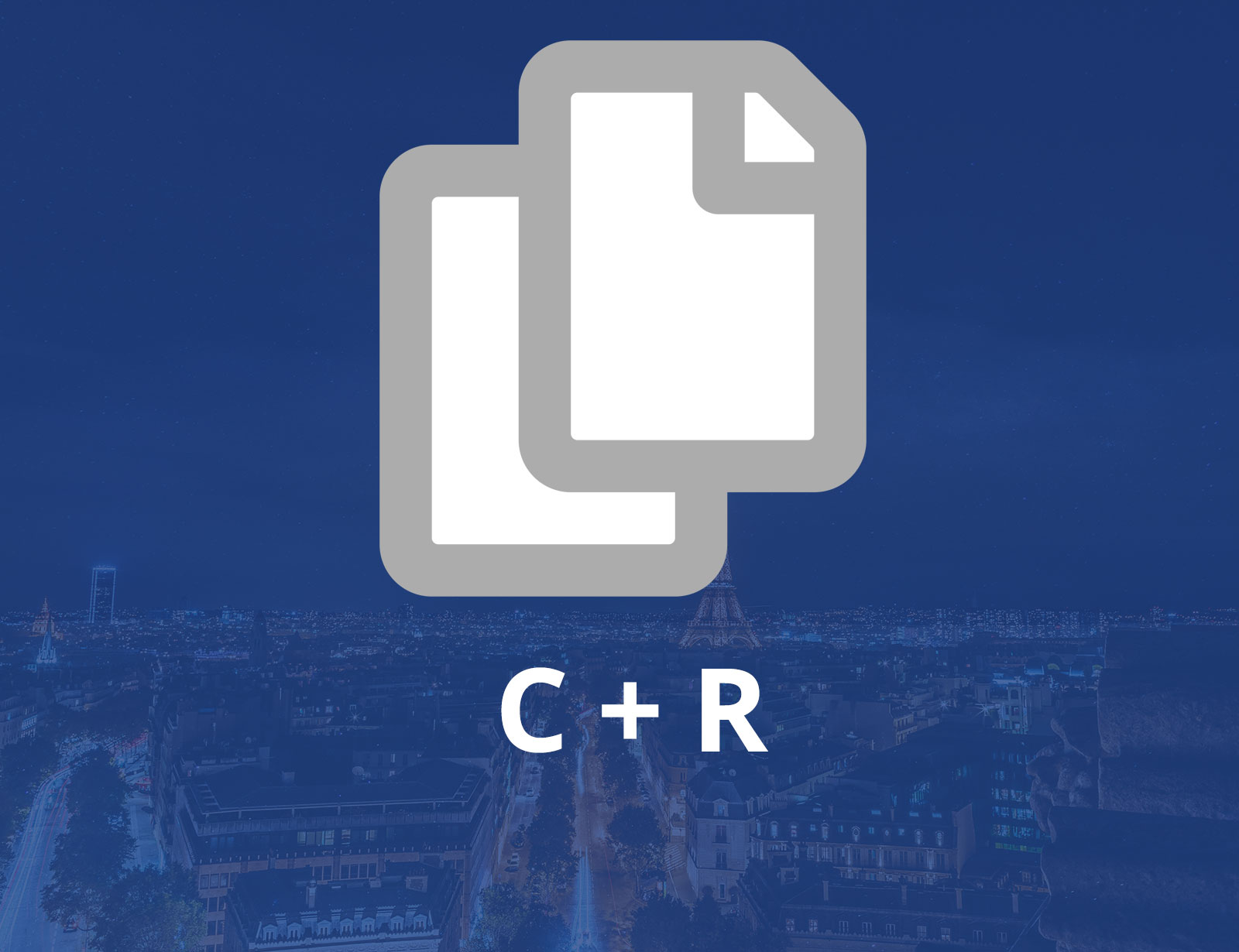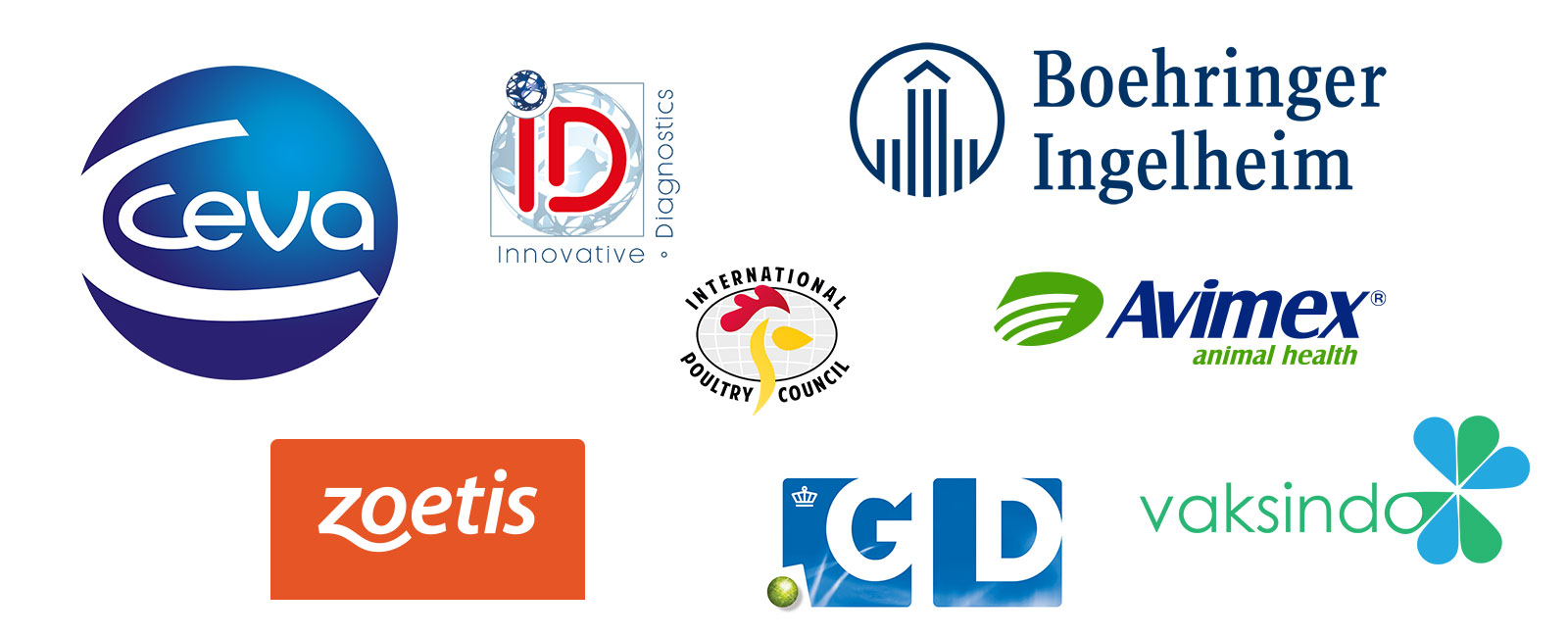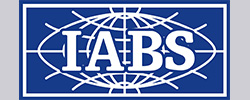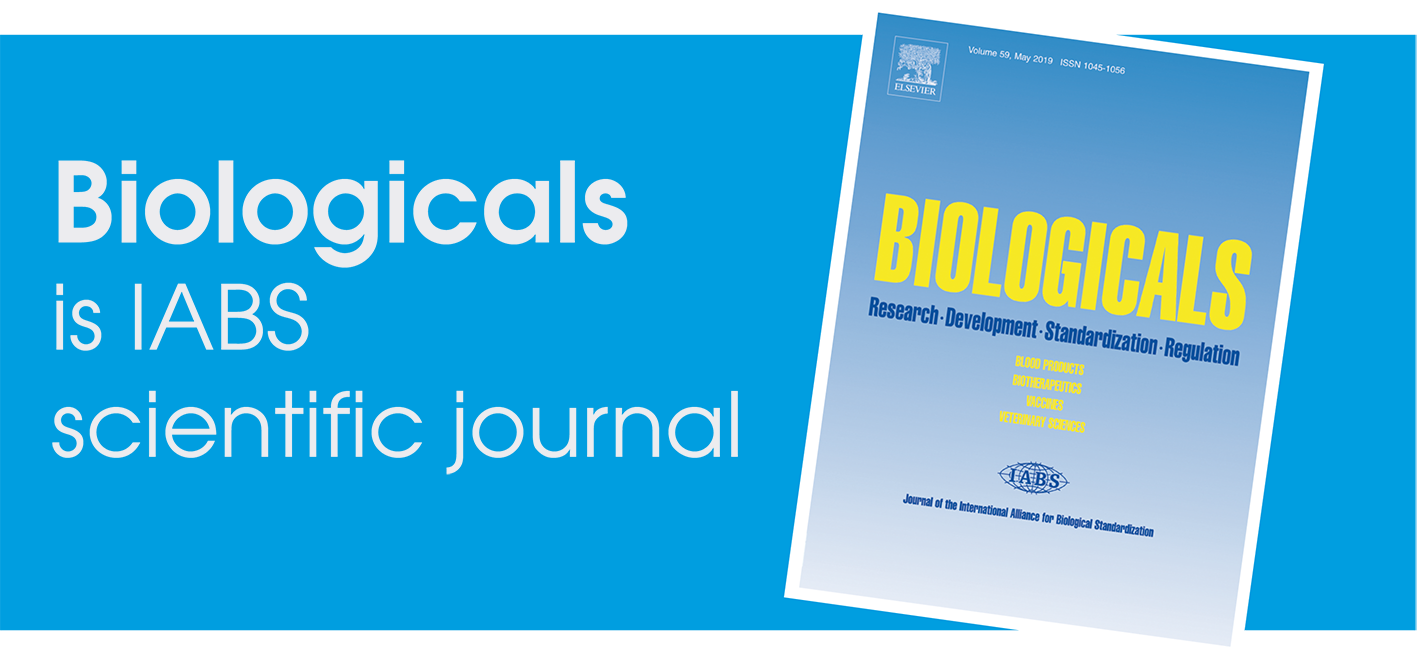Objectives of the meeting
Since October 2020, H5Nx 2.3.4.4b lineage of HPAI has spread across Europe, Middle East, Africa and Asia and is a threat to spread into North America. The uncontrolled spread of these viruses through wild aquatic bird migration is of utmost concern and ongoing climate changes contribute to a wider seasonal migration pattern. In addition, the keeping of poultry in free range systems has reduced physical separation of poultry and wild birds increasing risk of HPAI introduction into poultry. Thus, maintaining avian influenza freedom in poultry and preventing zoonotic infections are an increase challenge.
Vaccination can be a useful tool for prevention and control, but its use is prohibited or severely restricted in many countries worldwide. Wider use of avian influenza vaccination would increase sustainable poultry production, improve animal welfare, reduce economic damage, reduce human infections, and contribute to consumers and animal welfare acceptance of control programs.
A harmonised vaccination strategy with updated vaccine strains and innovative vaccine technologies, combined with appropriate diagnostics, surveillance, and disease management, can offer a better approach than stamping-out alone.
This workshop is intended to discuss how to reduce barriers for broader use of vaccination in avian influenza prevention and control strategy.
The workshop will be an open-discussion forum with participation by a wide variety of stakeholders (WOAH, WHO, OFFLU, FAO, WTO, governments, breeding companies, animal welfare, human health, consumers, retailers, scientists, etc).
Scientific Committee
- Ian Brown, APHA & OFFLU, UK
- Sjaak de Wit, GD Deventer, European College of Poultry Veterinary Science, The Netherlands
- Madhur Dhingra, FAO, Italy
- Timm Harder, FLI, Germany
- Carmen Jungbäck, IABS-EU, Germany
- Gounalan Pavade, OIE, France
- Connie Schmellik-Sandage, USDA, USA
- Les Sims, Consultant Veterinarian in Asia, Australia
- David Swayne, USDA, USA
- Richard Webby, WHO Collaborating Center for Influenza, USA
- David Zeman, AAVLD, USA
Organising Committee
- Madinina Cox, IABS, France
- Carmen Jungbäck, IABS-EU, Germany
- Rick Hill, IABS, USA
- Olivier Espeisse, HealthforAnimals & IABS Veterinary Biologicals Committee member, France



